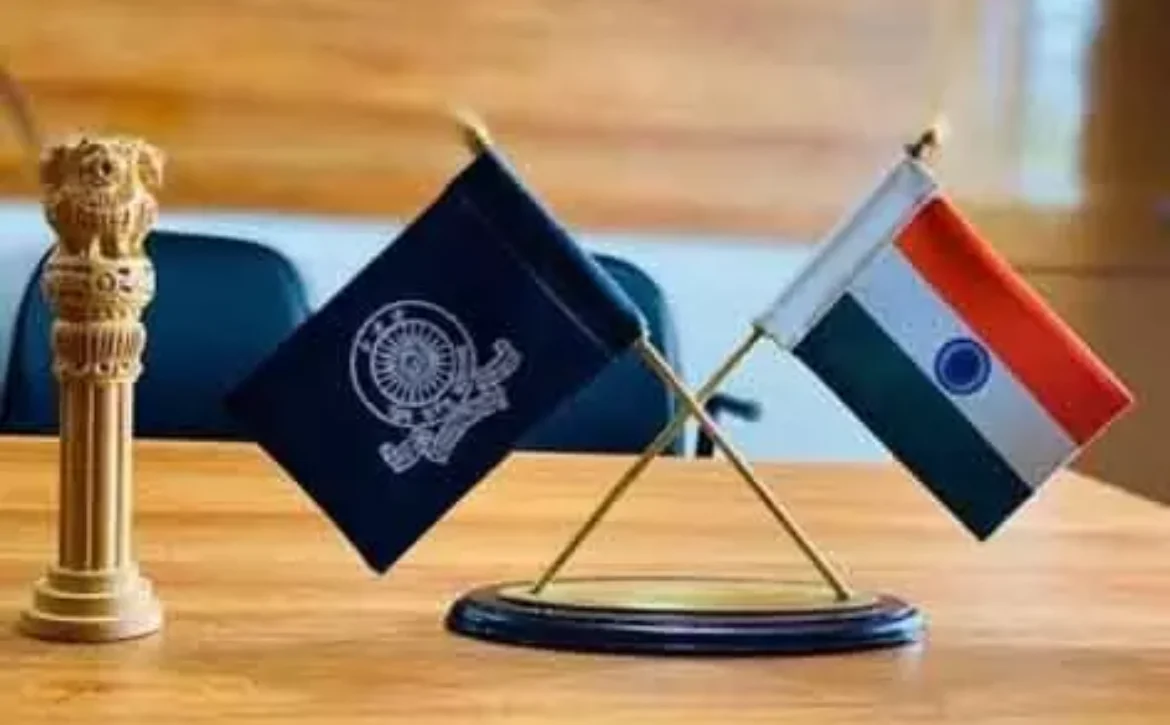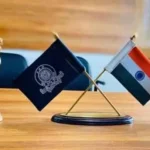
Balance of power
SC’s decision regarding powers of transfers and postings of civil servants is laudable, but the NCTD government should uphold the criteria of professional competence and integrity
The Supreme Court’s verdict on executive control over administrative services in the National Capital Territory of Delhi (NCTD) has generated immense interest and discussion. The Supreme Court has unequivocally stated that the Union and the NCTD share a unique federal relationship. NCTD is not subsumed into the Union solely because it is not a state. The legislative assembly of NCTD has jurisdiction over entries in the state list and concurrent list, except for those entries that are expressly excluded, such as public order, police, and land. The executive of NCTD extends to all matters in which it has the power to legislate, and the Lieutenant Governor is bound by the decisions of the NCTD government on services. This means that now, apart from the excluded services mentioned above, the authority for transfers and postings of Indian Administrative Service officers and officers of other services shall rest with the NCTD government. Of course, since certain departments have been excluded postings in the home department, posts like BDA vice chairman, MCD commissioner and chairperson of New Delhi Municipal Corporation shall remain with the Union government. As for the chief secretary, the centre will continue to make the appointment, albeit in consultation with the chief minister.
The verdict of the Hon’ble Supreme Court is based on the interpretation of the governance scheme outlined in the Constitution. As an administrative officer and a member of the Indian Administrative Service (IAS), having previously held the position of Chief Secretary in Uttar Pradesh, I can say based on my experience that this decision will undoubtedly enhance the administration system. Even before the Hon’ble Supreme Court delivered its judgment, I used to contemplate how the Delhi government would function because, ultimately, governance relies on the cooperation between elected political representatives and the permanent civil service, all working in the interest of the citizens. The elected politician represents the people, and in any democracy, the government must operate in accordance with the will of the people and for the people. This necessitates that the political executive is held accountable to the legislature. Furthermore, the political executive formulates policies with the assistance of the civil service, and it is the duty of civil servants to properly implement these policies. Civil servants must be held accountable for their actions. The political executive must oversee the work of civil servants to ensure that appropriate action is taken in accordance with the will of the people, as reflected in the policies of the governing administration.
Transfers and postings hold great significance in the career of a civil servant. It is natural for an officer to be more responsive to the person who possesses the authority over transfers and postings. Prior to the Supreme Court’s order, this authority was vested in the office of the Lieutenant Governor rather than the Chief Minister. This created an anomalous situation where officers were more inclined to report their actions to the LG rather than the CM. In any state government, the Chief Minister cannot fulfil the mandate of the people without the support of the civil service. This led to avoidable situations, such as the alleged manhandling of the Chief Secretary of Delhi by public representatives in the presence of the Chief Minister, and all IAS officers initiating a non-cooperation movement against the ministers in response to this incident. These incidents indicate a significant lack of trust between the officers and the elected government, which is likely to have adverse effects on performance at the ground level. One can empathise with the civil servants in such a situation, as they are being pulled in two directions with two centres of power demanding their accountability. The ultimate sufferer in this scenario is the citizen, for whom the government exists. It is in this context that I believe the Hon’ble Supreme Court’s decision to grant the powers of transfers and postings of civil servants to the NCTD government will undoubtedly contribute to a more professional and effective functioning of the government.
Having served as chief secretary of Uttar Pradesh, I have experienced first-hand that the chief secretary and the chief minister must work in close coordination to achieve good governance. Similarly, the principal secretary and the relevant minister must work in harmony to formulate and implement policies. Of course, civil servants must operate in accordance with the Constitution and the government’s rules of business. However, the strength of civil servants lies in their political neutrality. They must remain committed to the government’s policies while ensuring that these policies are in the best interest of the people and compliant with the law. Their job is to provide unbiased and honest advice and implement policies for the benefit of the citizens.
Immediately after the Supreme Court judgment, I read that the service secretary of the NCTD government had been transferred, and the government announced that a significant number of officers would soon be transferred to enhance governance. I also came across the statement that honest and efficient officers would be given important postings, while corrupt and incompetent ones would face consequences. I have no complaint about this because officers should indeed be honest and efficient, and they need to be held accountable for their performance. However, my only concern is that the pendulum may not swing to the other side, resulting in certain officers being unjustly punished due to their perceived association with the previous administration. It should not become a situation where officers are expected to demonstrate loyalty to a particular political party. I hope that, in the future, merit becomes the primary criterion for transfers and postings, rather than alleged political affiliations. Unfortunately, in many states nowadays, the power of transfers and postings has been weaponised by ruling parties to intimidate civil servants into submission. It is disheartening to witness civil servants being categorised along political party lines in several states. This creates a situation where some civil servants receive favourable postings when a specific political party comes to power, only to be discarded once the government changes. The officers holding esteemed positions in a particular government should not be interpreted as a reflection of their personal loyalty to that political party. It is the duty of officers to serve with professional integrity under any government that has been duly elected by the people. Officers are usually posted based on their competence rather than their political affiliations. However, I do acknowledge that there is an alarming trend in many states where officers are deviating from the longstanding principle of political neutrality and attempting to exploit their closeness to a particular political party for personal gain. This increasing tendency poses a significant threat to the efficiency of the entire governance system.
I am convinced that the Hon’ble Supreme Court’s decision regarding the powers of transfers and postings of officers will undoubtedly contribute to the establishment of a more responsive and accountable civil service. However, the NCTD government should also ensure that professional competence and integrity serve as the criteria for future transfers and postings. I would like to emphasise that during the time of independence, the Indian Civil Service (ICS) was criticized for following the instructions of the colonial government. However, visionaries like Sardar Vallabhbhai Patel defended the ICS and stated that the civil service had always fulfilled its duties, and it would continue to serve the government of independent India with the same professional competence as it did under the previous administration.
The writer is an ex-Chief Secretary, Govt of Uttar Pradesh. Views expressed are personal




